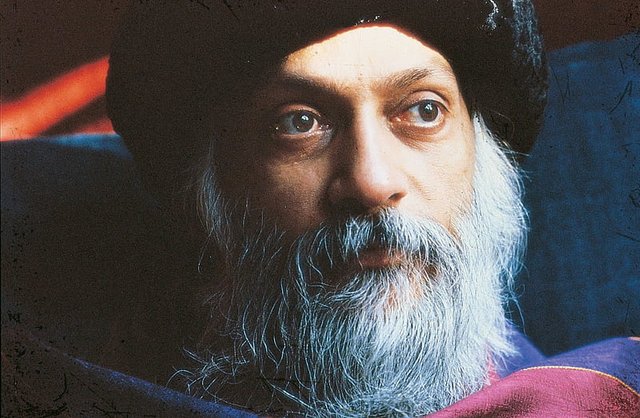In the tapestry of 20th-century spiritual leaders, few figures ignite as much intrigue and polarisation as Osho, born Chandra Mohan Jain, and later known as Bhagwan Shree Rajneesh. Emerging as a prominent voice in the realm of spirituality and new religious movements, Osho's teachings transcended traditional doctrines, advocating for a synthesis of meditation, mindfulness, love, and joy. Yet, beneath the veneer of enlightenment and liberation that attracted millions worldwide, lay a narrative rife with controversy, leading to Osho being persona non grata in numerous countries.

Osho's philosophy was revolutionary, challenging societal norms, traditional morality, and the very fabric of organized religion. He espoused an eclectic doctrine that embraced elements from Eastern mysticism to Western psychotherapy, all while advocating for sexual freedom and the dismantling of established institutions. This radical approach garnered him a vast following, known as sannyasins, who sought to live out his teachings, creating communes that functioned as utopian experiments in communal living.
However, Osho's rapid ascent was not without its detractors. His critique of traditional values and the status quo made him a target of religious and political establishments. In India, his frank discussions on sexuality and his critique of Hindu religious practices drew ire from conservative quarters, leading to tensions and eventual relocation of his commune.
The saga reached its zenith with the establishment of Rajneeshpuram in Oregon, USA. What started as a dream to create a spiritual utopia on American soil soon became embroiled in legal battles, conflicts with local residents, and accusations of crimes ranging from immigration fraud to bioterrorism. The latter accusation stemmed from a 1984 incident where followers were charged with food poisoning over 750 individuals in an alleged attempt to influence local elections. This incident marked one of the first bioterror attacks in the United States, casting a long shadow over Osho's legacy and leading to his arrest and deportation from the country.
Following his departure from the United States, Osho became a man without a country. His attempts to find refuge were met with refusal after refusal; countries around the world closed their doors to him, fearing the controversy and chaos that seemed to follow his commune. From the UK to Germany, and even as far afield as Uruguay, Osho's presence was deemed undesirable, a testament to the global apprehension towards his radical teachings and the actions of his followers.

Yet, despite the international scorn, Osho's influence remains undiminished. His books continue to be bestsellers, his meditations practiced worldwide, and his teachings on love, consciousness, and the pursuit of happiness resonate with many seeking spiritual fulfillment outside traditional religious frameworks.
The story of Osho is a paradoxical narrative of a spiritual leader who preached love but was met with hostility, who sought to create heaven on earth but found himself mired in legal and ethical controversies. It is a reminder of the fine line between visionary and villain, and how one's quest for spiritual liberation can sometimes lead to worldly condemnation. Osho's legacy, much like his life, remains a subject of deep admiration and profound skepticism, a mystic who dreamed of a new world but was ultimately rejected by the old.